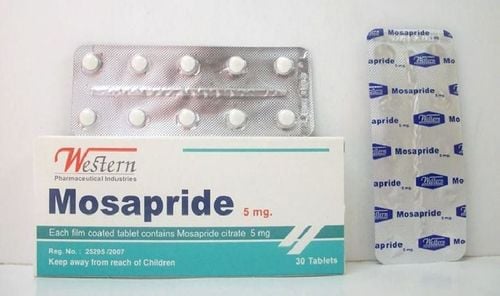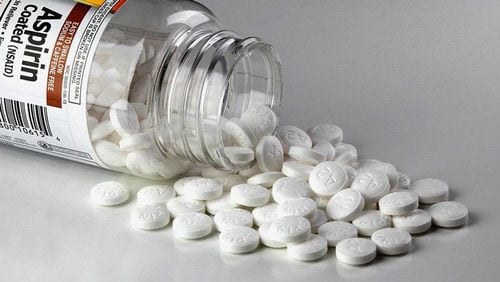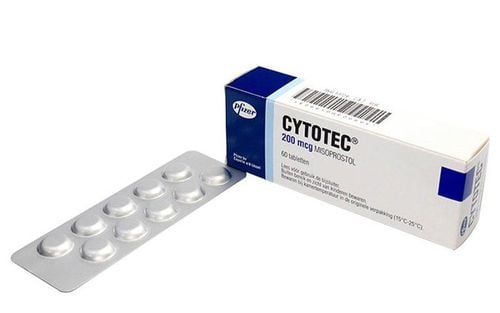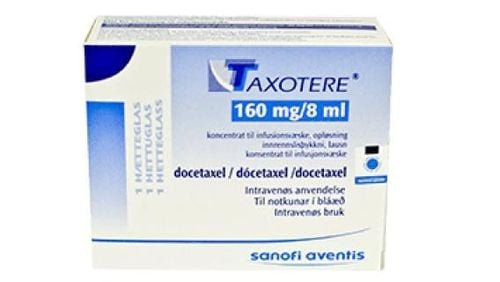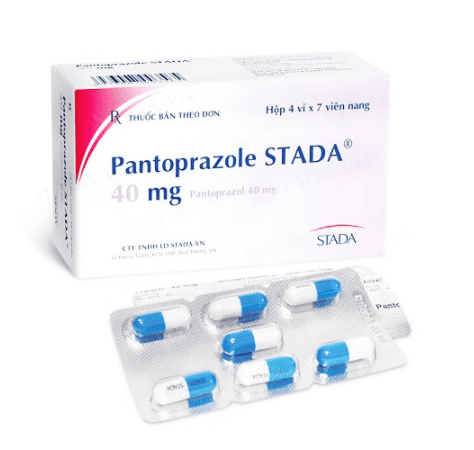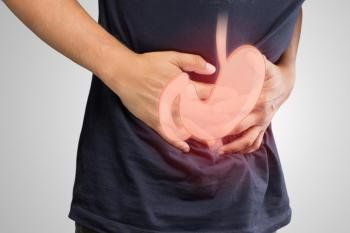This is an automatically translated article.
The article is expertly consulted by MSc Vu Tan Phuc - Department of Medical Examination & Internal Medicine, Vinmec Phu Quoc International General Hospital.The esophagus and stomach are very important parts of the digestive system. While the esophagus is the first part of the digestive tract governed by complex muscular and nervous systems, the stomach functions mainly for secretion and locomotion. When there are disorders in the digestive system, especially the esophagus and stomach, it will cause many difficulties and significantly hinder the patient's daily activities.
1. Common esophageal dysfunctions
There are many types of esophageal disorders, but the most common ones are as follows:Heartburn: A symptom of burning pain behind the sternum spreading to the sides of the chest, neck or jaw, typical for reflux esophagitis and is often dominant when the patient leans forward or lies on his or her back after a meal. If the cause is gastroesophageal reflux disease (GERD), the patient is usually treated with general measures such as elevating the head in bed to eliminate factors that increase intra-abdominal pressure. Patients should also avoid alcohol, chocolate, coffee and fatty foods, mint, orange juice, and quit smoking. Medications to treat the disease are antacids after meals and H2-blockers before sleep. Swallowing: Pain below the sternum when swallowing usually occurs due to infection or swallowing corrosive substances or drugs (tetracycline). , quinidine, estrogen, aspirin) or cancer. This manifestation is rarely caused by gastroesophageal reflux. Esophageal Obstruction: Common in children with a history of swallowing a foreign body followed by onset of chest pain, painful swallowing, or inability to swallow due to a foreign body located in the cervical esophagus, upper esophageal sphincter, lower esophageal sphincter, or arch main artery. If the cause is food, obstruction can occur anywhere there is spasmodic esophageal stricture or carcinoma. To solve this situation, the doctor can use a Foley catheter to remove round, blunt objects, perform under radiography. Other foreign objects such as sharp objects, stuck food cannot be removed by the Foley method, it is best to have an endoscopy to remove the foreign body. Cardiac spasm: Caused by esophageal muscle not being able to relax, in the early stages there may be a lot of pain when swallowing food or there is difficulty in swallowing, when it progresses, the esophagus gradually dilates, pain relief but symptoms are difficult. swallowing increased. Treatment is mainly using dilatation or esophageal sphincterotomy, drug treatment can only dilate the lower esophageal muscle and is used only in the early stages. Mallory-Weiss syndrome: A tear in the lining of the stomach near the junction of the squamous epithelium or the lining of the esophagus caused by vomiting. Patients often present with upper gastrointestinal bleeding. Esophageal perforation: A condition of severe chest pain, especially when swallowing and breathing, caused by trauma, increased pressure in the esophagus (severe vomiting), or esophageal conditions such as esophagitis from eating erosions, esophageal ulcers, esophageal cancer. Esophageal perforation can also lead to gastric leakage into the mediastinum causing secondary mediastinal infection.
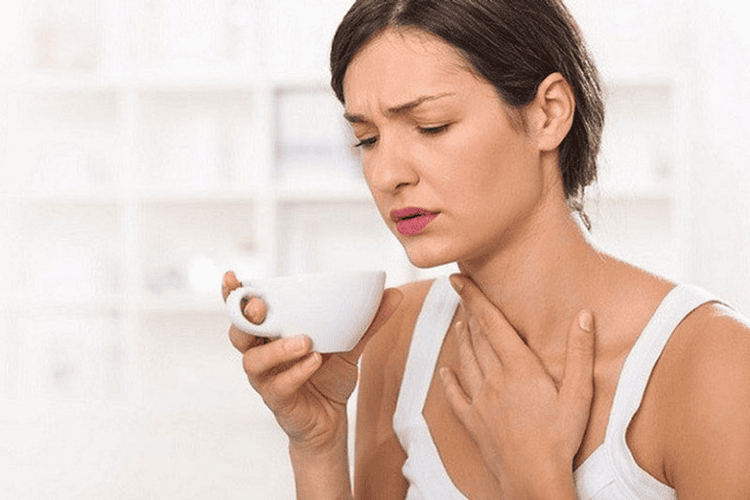
2. Common gastric dysfunctions
The stomach plays a very important role in the digestive system with the main functions of secretion and movement, when these two functions are abnormal and cannot work in harmony, it can lead to stomach disorders. such as:Acute gastritis: Usually occurs after abdominal trauma or abdominal surgery, purulent pancreatitis or prolonged overeating. Patients will have symptoms such as severe, sudden or dull epigastric pain, regurgitation and prolonged vomiting, which can cause fluid and electrolyte disturbances, even death. Acidosis: Caused by nervous, mental stress, smoking, early gastritis or peptic ulcer. The patient will have epigastric pain, a feeling of heaviness in the abdomen, need to adjust the diet, quit smoking and use secretory drugs, astringent gastric mucosa and sedation Increase gastric tone: Due to trauma mental illness, lead poisoning or in liver and kidney colic, peptic ulcer disease manifested by frequent epigastric pain, increased with emotion, labor, nausea, vomiting, heartburn, belching. Patients need to limit the use of strong stimulants, take more vitamins, sedatives and antispasmodics

Please dial HOTLINE for more information or register for an appointment HERE. Download MyVinmec app to make appointments faster and to manage your bookings easily.





